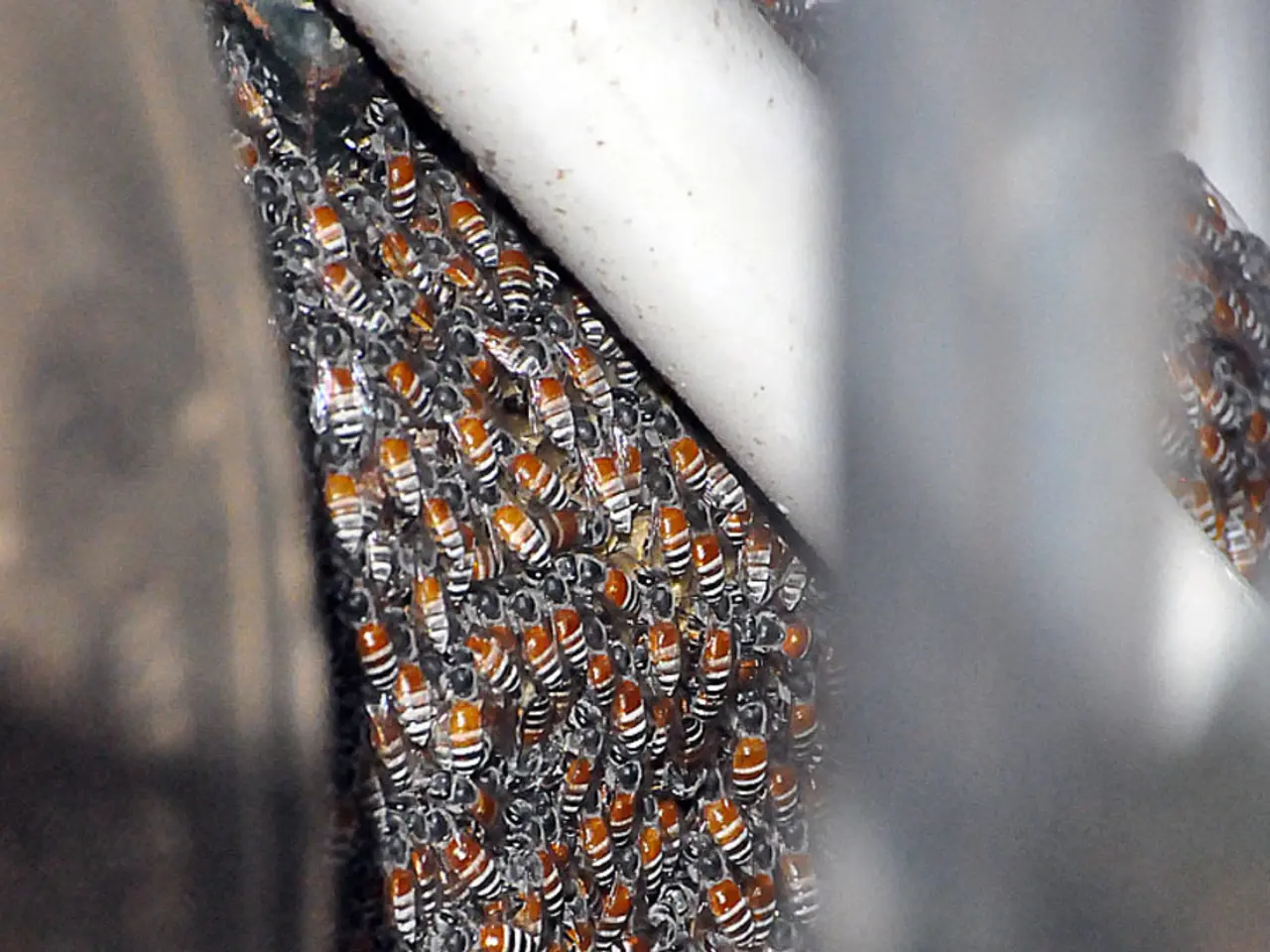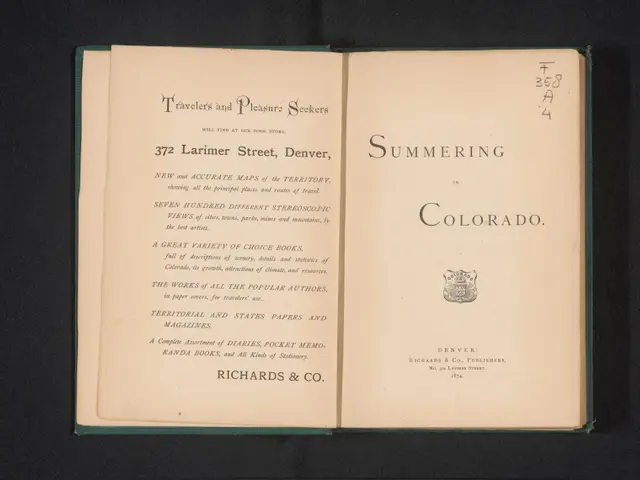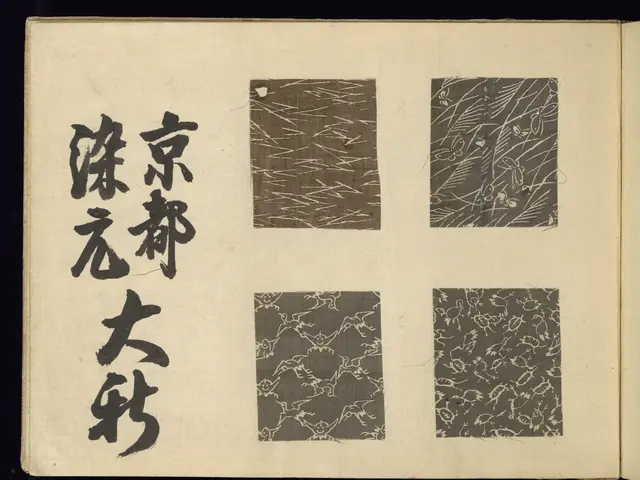Bangladesh's GI Struggles: India's Registrations Challenge Bangladesh's Cultural Heritage
Bangladesh faces hurdles in safeguarding its Geographical Indications (GIs), with legal and administrative loopholes hampering protection efforts. Despite having a strong case based on historical and cultural provenance, Bangladesh has seen its GI rights challenged, notably by India.
India's registration of 'Uppada Jamdani' in 2009 caused confusion with Bangladesh's Jamdani saree, registered later. Similarly, Sundarban honey, primarily produced in Bangladesh, was registered as a GI in India before Bangladesh could finalise its own registration. These instances highlight the need for proactive legal measures and administrative efficiency in Bangladesh.
Bangladesh can assert its rights over Jamdani sarees and Sundarban honey due to their historical, cultural, and ecological ties to the country. However, India's registration of the 'Tangail Saree of Bengal' in 2024, citing West Bengal as the applicant, further complicates the situation. Bangladesh has a strong legal basis to contest these registrations, including the Bangladesh GI Act 2013 and international conventions such as UNESCO and the Convention on Biological Diversity.
GIs play a crucial role in supporting rural livelihoods and enhancing Bangladesh's economic potential. Iconic products like Jamdani sarees, Tangail sarees, and Sundarban honey hold significant cultural and commercial value. To secure its intellectual property in the global marketplace, Bangladesh must address legal and administrative flaws, foster regional cooperation, and act promptly to protect its GIs.
Read also:
- Executive from significant German automobile corporation advocates for a truthful assessment of transition toward electric vehicles
- Crisis in a neighboring nation: immediate cheese withdrawal at Rewe & Co, resulting in two fatalities.
- United Kingdom Christians Voice Opposition to Assisted Dying Legislation
- Democrats are subtly dismantling the Affordable Care Act. Here's the breakdown







